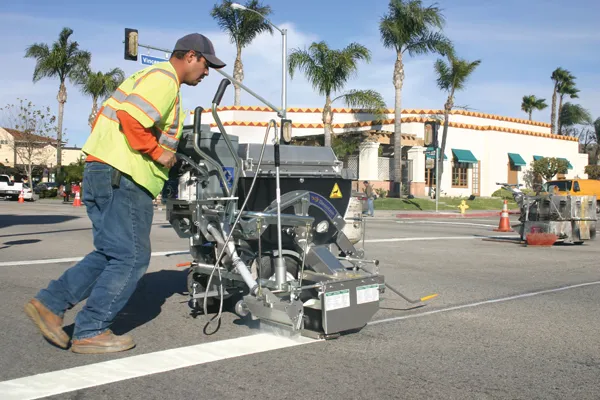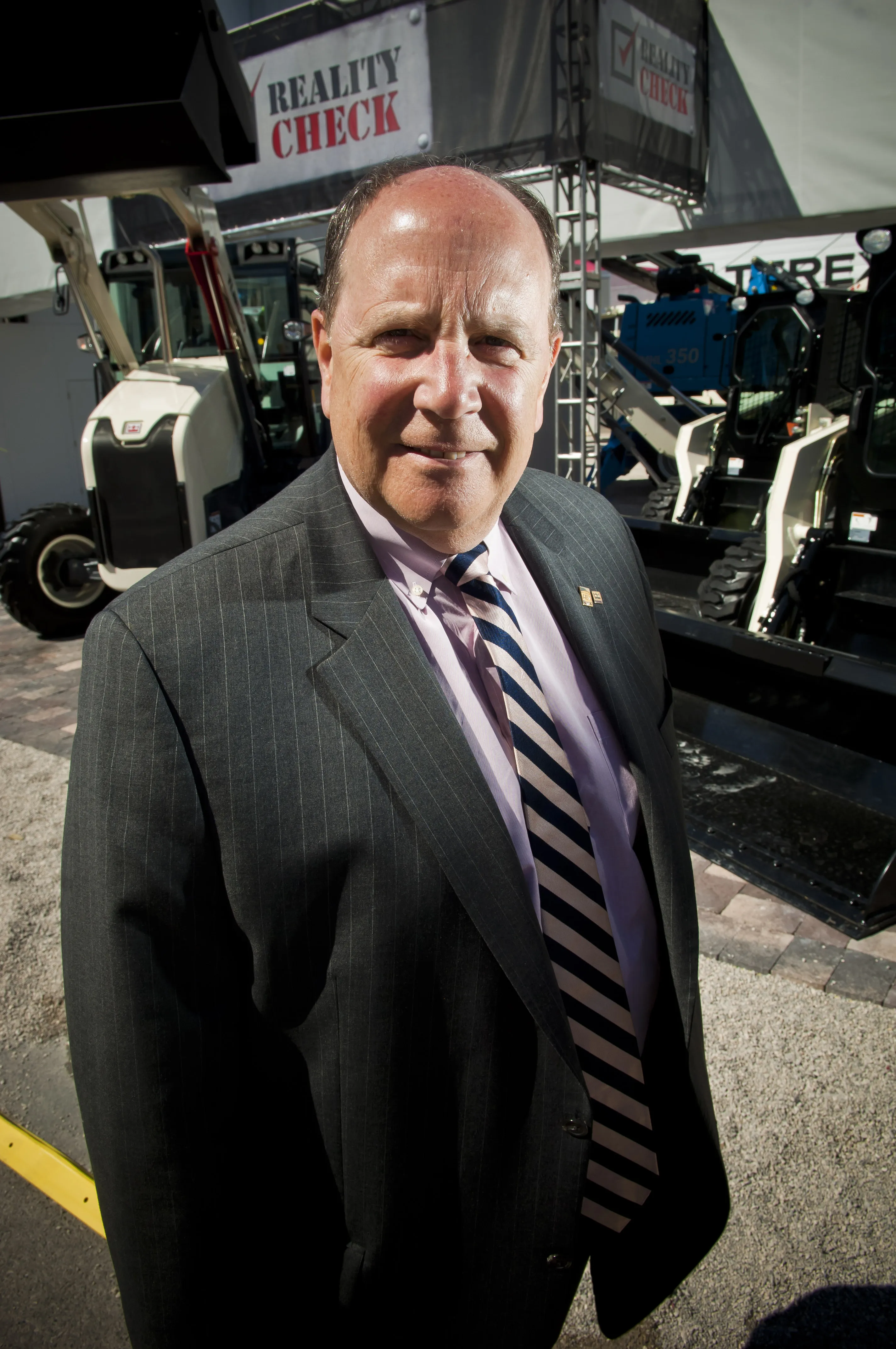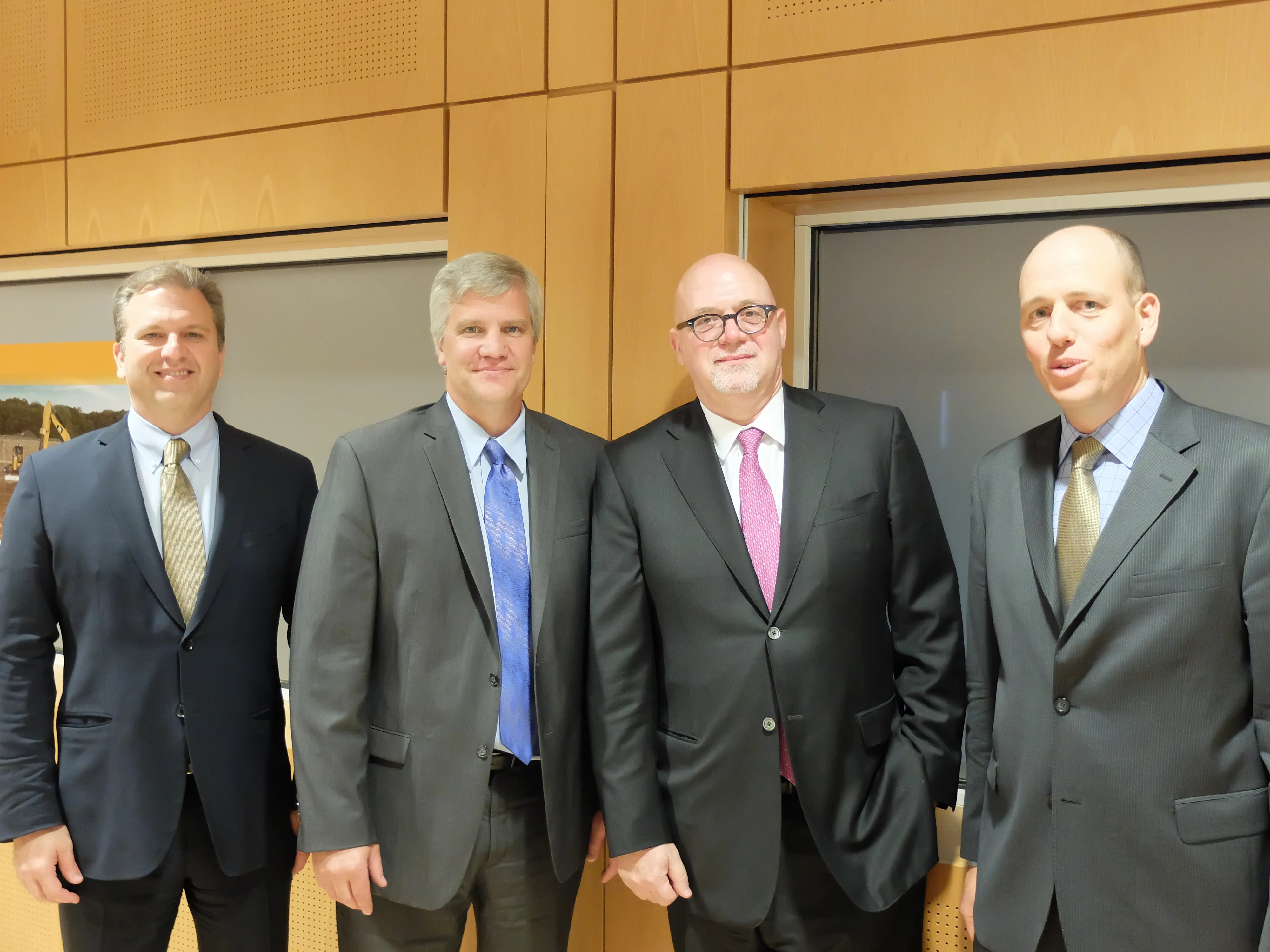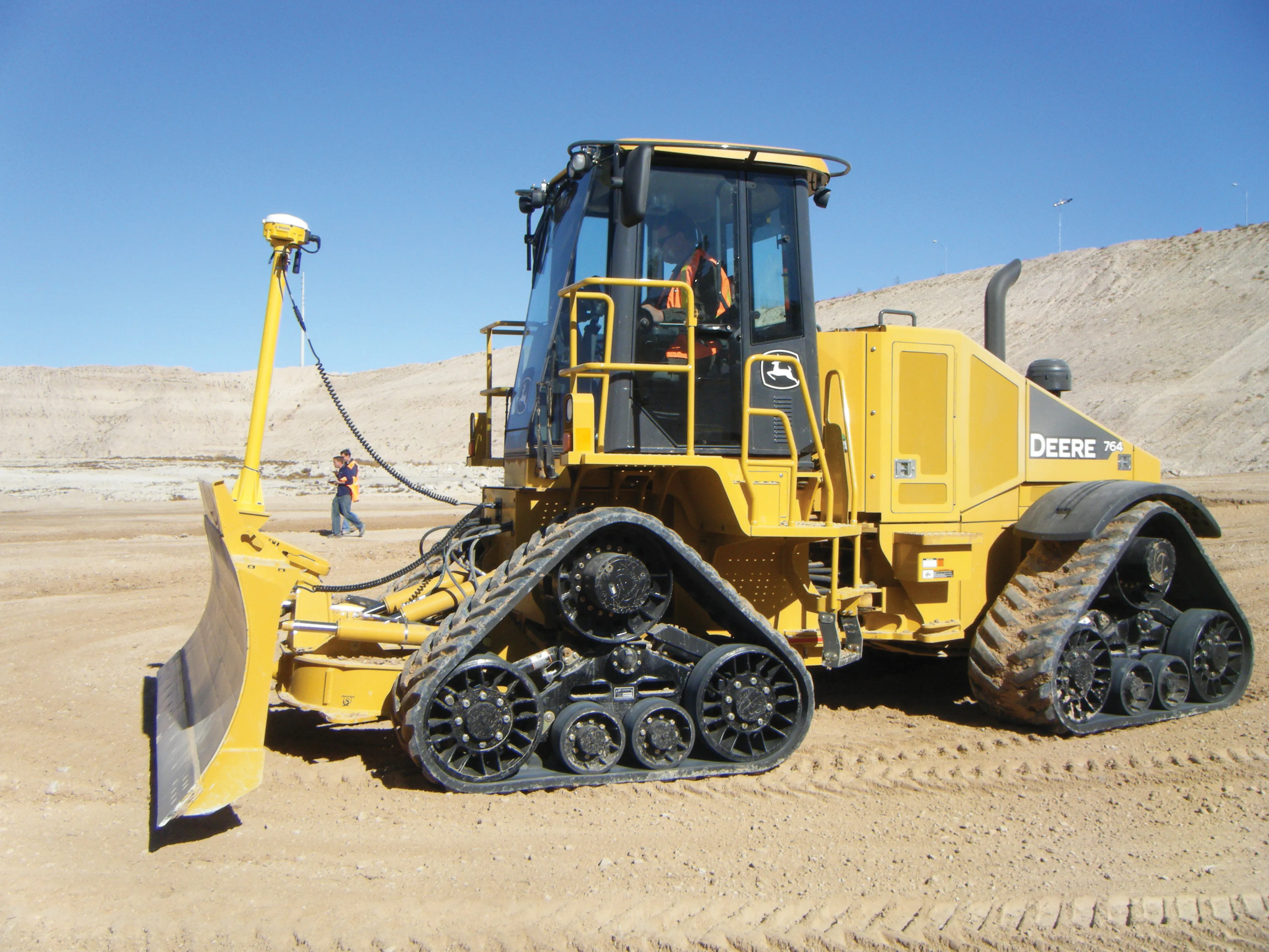According to Danish road marking equipment manufacturer Borum, for road marking contractors completing a project on time and on budget requires the right machines, materials, and a skilled operator. "But, even with a great team and perfect road marking conditions, issues can arise that effect operations and require support. And that's when a road marking equipment supplier who can provide quick back-up, reliable service and onsite training is vital," says the company.
February 20, 2012
Read time: 3 mins

According to Danish road marking equipment manufacturer Borum, for road marking contractors completing a project on time and on budget requires the right machines, materials, and a skilled operator.
"But, even with a great team and perfect road marking conditions, issues can arise that effect operations and require support. And that's when a road marking equipment supplier who can provide quick back-up, reliable service and onsite training is vital," says the company."With road marking machines becoming more sophisticated and projects more demanding, road marking equipment suppliers need a great support strategy in place for their customers. After-sales support and training are good to have, but in many situations that's no longer adequate: cultural insight and great teaching skills are equally important in building a strong customer-supplier relationship." Lars Mortensen, a service technician at Borum for ten years, has developed and assembled prototypes and worked on new equipment, and has travelled the world for the past nine years servicing equipment, training operators and sharing his industry knowledge.
Recently,
"Needs differ from place to place. On a recent job, the operator and I had no common language, and he'd never sat behind the wheel of a car. That could seem like an impossible task to some, but with a little help from a translator and by managing our expectations, we made good progress," he says.
"It's easy to put a white line on a road. But it can take a few years to get really good, especially if you're working with thermoplastic material. If our customers have any kind of problem, we're there to help.
"It's best to get operators on the road as quickly as possible. For new contractors, on the job experience is vital. At times, there can be up to 50 people watching, which can be quite nerve-wracking for a new operator. So we put a lot of energy into making sure they feel at ease.
"Once that line is on the road it's not easy to remove it, so you need to be able to read the road, the computer and control the vehicle simultaneously. A good road marker is accurate and has a high application rate, and can maintain equipment." Striping system Meanwhile, Graco has introduced what it says is the world's first fast-melt, on-board thermoplastic striping system, the ThermoLazer ProMelt.
The system can melt 136kg of thermoplastic material on board in less than an hour with a one-man operation.
"The ThermoLazer ProMelt System gives contractors a fast, safe, easier way to melt thermoplastic and increase productivity with less investment than before," says Tim Wehner, worldwide business development manager, Graco Contractor Equipment Division.









